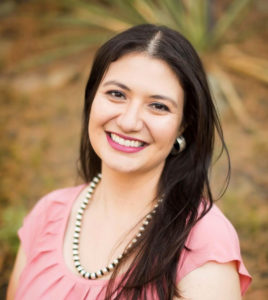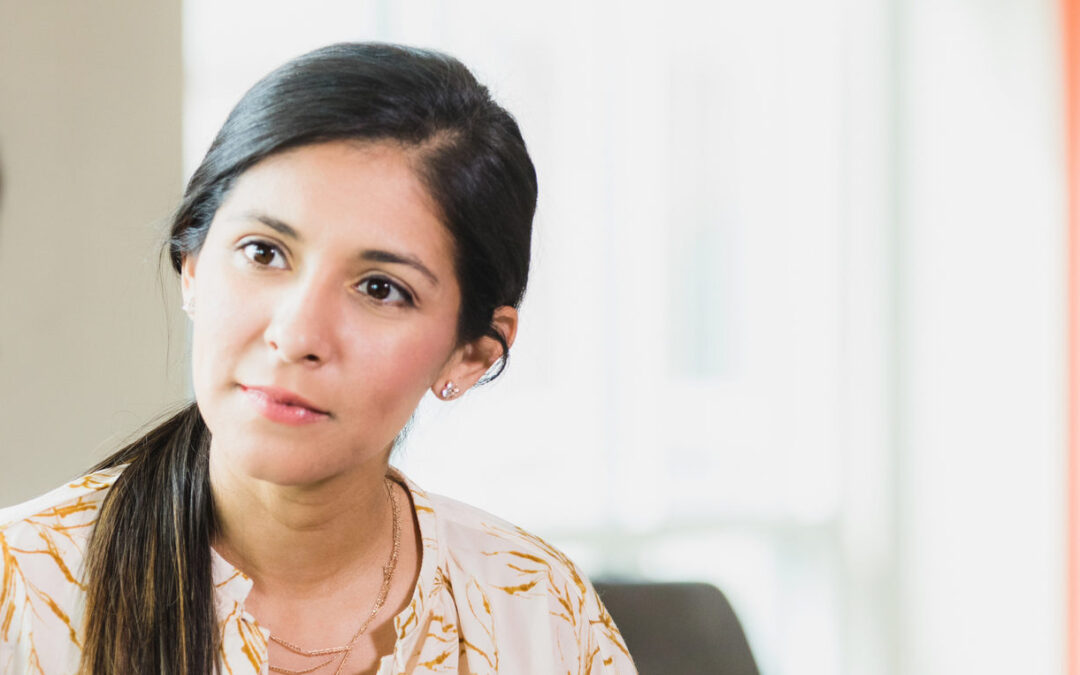With funding from the New Mexico Department of Higher Education, Highlands is implementing a pilot program to support student wellness

Leon Bustos, Director of Health, Education, and Wellness at NMHU
July 27, 2022
Across the United States, mental health challenges in college students have been steadily increasing. The pandemic has only compounded those challenges, and students at Highlands University are no exception. To complicate things further, the recent Hermits Peak and Calf Canyon fires have added to student stress on campus. To help alleviate some of these stressors, Highlands is implementing a pilot program to support student wellness with funding from the New Mexico Department of Higher Education.
For Leon Bustos, a Highlands alumnus and the current Director of Health, Education, and Wellness at the university, the idea for a mental health initiative developed as he served as the Presidential Fellow under President Sam Minner. As the new Director of Health, Education, and Wellness, Bustos oversees The Center for Advocacy, Resources, Education, and Support (CARES) at Highlands University. Previously, Bustos served as the Director of the First Year Experience program, and he saw first-hand that students were struggling. He knew that his project had to focus on helping improve students’ well-being.
Bustos worked closely with the Dean of Students, Dr. Kimberly Blea, to submit a grant to the New Mexico Higher Education Department. The university was awarded $50,000 from the state for this project, and President Sam Minner matched this with $50,000 of university funding.
The funding from the state will be used to assess the impact of a new model of care, which utilizes health and wellness coaching to assist students in navigating their college experience.
“Destigmatizing access to care through support by both peers and professional staff is an important element to student wellbeing.” Blea said. “Something that’s critical in assisting students with wellness goals is helping them in developing help-seeking behaviors.”
Blea has been championing mental health resources at NMHU for many years and said she hopes this program will normalize conversations about wellness and mental health across campus—not only among students but also among faculty and staff. The program will be open to all students, regardless of their classification. A portion of the funding from the state also offers students stipends as an incentive for participating.
Bustos said he wants to ensure that faculty and staff support the initiative. Widespread instruction via Zoom throughout the pandemic has especially given faculty more insight into their students’ home lives, and personal challenges students are facing. With ongoing conversation and training about mental health, faculty and staff will be better equipped to notice when a student is struggling and be able to refer them to the wellness coaches or other available resources on campus. An online referral process has also been developed. It will be implemented through the university’s case management system so employees and students can make referrals for students in need.
“Research continues to show that building resilience, finding an identity in higher education, and managing emotions enhances students’ abilities to become better self-regulated learners. Developing these skills allows them to overcome the difficulties and challenges of receiving higher education,” Bustos said. “Many students are leaving home for the first time and have experienced the many traumas that the pandemic brought. There is a lot of pressure, and we want to be able to provide them with the skills necessary to manage and cope with what it takes to be a college student.”
The program is based partly on successful peer-based health coaching programs at other universities in the U.S. Still, Bustos said the new initiative at Highlands is different in that it provides professional staff support. Bustos has a background in research and education and said the initiative would provide resources to students and assess the program’s impact on student wellness.
“Numbers speak, so if we can showcase the impact this program has on students’ success, then more students are likely to participate,” Bustos said. “Our goal is to highlight how important health outcomes are and to provide best practices, which include peer-health education and personalized health coaching. I want this to be a premier program that sets us apart from other universities in the state.”

Dr. Kimberly Blea, Dean of Students
According to Blea, the new mental health program will further support students by providing comprehensive wrap-around services. She said she advocates for an upstream approach to supporting students’ well-being, which means that students’ challenges and needs are proactively identified before they become a barrier to their educational success. The new program will provide more tools to students so that they are equipped to handle the many personal and college-related challenges they may be facing. This initiative complements other services available at Highlands including the Student Health Center, which provides non-emergent medical care and counseling services; the NMHU General Store which is the University’s basic needs food pantry; and student navigators who work directly with other students in identifying and applying for a broad range of resources that students might need.
“I think many students just want to communicate with somebody they can trust and rely on to advocate for their learning,” Bustos said.
Highlands President Sam Minner said the proposal for the program targeted underserved populations, who make up the bulk of the student body at Highlands and who are often coming to college with historical trauma.
“There are huge health care disparities in New Mexico and in the nation, including mental health disparities. Students have started to struggle with severe mental health challenges, and they’ve not had access to services before they get to us,” Minner said. “But with this model, I’m optimistic. I don’t know how many institutions have a mechanism to reach out in a proactive way to students.”
Bustos said he hopes the program will change the campus culture so that students, faculty, and staff become comfortable talking about mental health.
“We want students to feel empowered; we don’t want them to feel like there’s something wrong with them. We want them to understand that everyone deals with health and wellness challenges,” Bustos said. “We want them to develop these skills early on so that when they graduate and get a professional career, they can manage life’s difficulties, especially during crises like we’ve experienced over the past two and a half years.”

